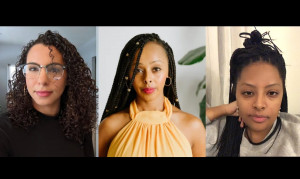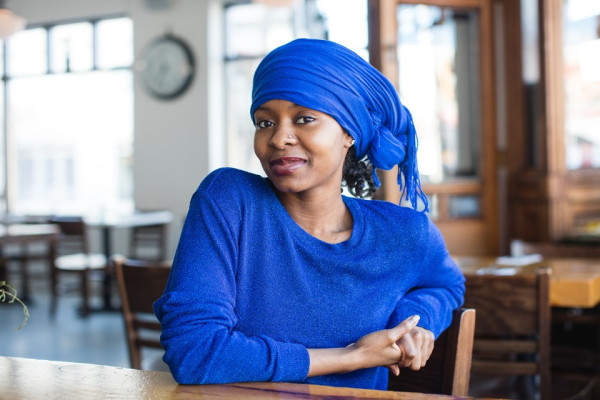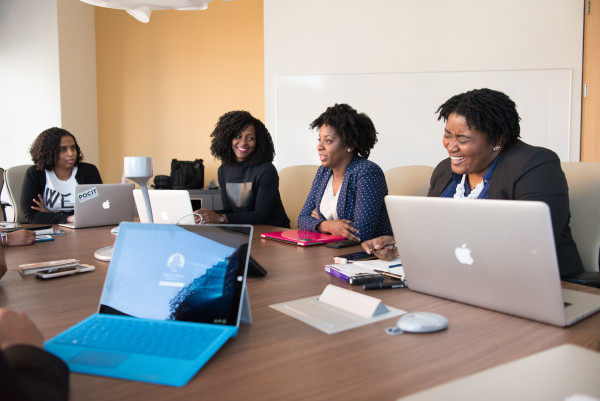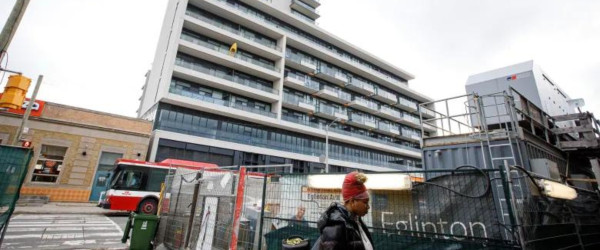Canada has struggled with an overrepresentation of Black and Indigenous youth in the criminal justice system. For example, according to the Race and Justice journal published in April 2021, in Ontario, about one in 15 young Black men aged 18 to 34 were incarcerated, compared to about one in 70 white men within the same age group.
GFLY is a Black run organization in Durham, Ontario that supports Black and Indigenous youth in the criminal justice system. It was founded on the principles that children can perform better if they are rehabilitated in a family-oriented environment rather than the harsh settings found in prisons.
Callender has been working as a youth counsellor since 2003. Working in the school system and with organizations that provide aid to children, her breadth of experience also includes working in group homes, schools, hospitals, and foster care agencies.
“With Indigenous and Black youth making up most of the population in the criminal justice system, we're doing something wrong as a society and something has to be done,” says Callender, who is vowing to make changes. “There are so many people who need support that I had to make it happen.”
Many GFLY clients come from poor backgrounds, which is why GFLY wants to allow them to work on areas where they are lacking and open up a pathway so they can improve their circumstances. GFLY focuses more on Black and Indigenous youth because they are underrepresented in the upper echelons of society.
“They don't need to fall into stereotypes. Instead, we can show them that they’re loved and appreciated and that they too can contribute to society in a positive way,” Callender explains.
GFLY provides various social and therapeutic services using both conventional and innovative tools. Different departments offer health support, physical wellness, financial support, and clothing. GFLY also has a staffing agency that provides one-to-one support for youth, while connecting them with employment opportunities. They also have an agency to support parents going through a divorce or separation. In addition, GFLY helps people living with different behavioural challenges.
Although GFLY is located in Durham, the program has extended its services to Niagara. They perform most of their services in the field where they visit a client's home or place of employment. At the time of writing, GFLY serves eight families and seven youth.
Callender is proud when she says that GFLY’s efforts are bearing fruits, “Our educational co-op, financial, and educational programs have helped many young people stay out of the streets and bad habits. They haven't been in trouble with the law since we started working with them.”
Perhaps even more impressive is that all the work is carried out by 50 contractors and volunteers who are determined to help the youth. Of course, anyone working a shift gets paid. However, most people are willing to help pro-bono.
Although GFLY is a for-profit organization, it does realize that some children don't have access to financial resources to get the help they deserve. So, if a young person contacts them searching for support, GFLY will help them for free.
According to Callender, GFLY needs access to more funds to operate effectively, somewhere in the range of $300,000-$500,000. The organization has worked on a very bare-bones budget of $170,000 from August 2021. “This is coming out of our pocket and from clients who pay for our services,” states Callender.
GFLY also needs a new branding strategy to get the word out and receive more support from various levels of the government. “We have a lot of support from societies in Toronto and Hamilton,” she says, adding that they are also trying to solidify partnerships with similar organizations such as DW creativ, DKH Visionary, The Real Spa, and Candy Apple Personal Trainer.
Despite their efforts to help the Black and Indigenous community, GFLY isn't getting any support from the government.
“We have contacted the Mayors of Ajax and Brampton and have been completely ignored. We also had a meeting with Durham's Children Aid Department to discuss our program and what we had to offer. But we were told that there's no need for this program right now, and Black and Indigenous youth are not a major concern at the moment," explains Callender.
She adds, “They told us they have similar programs in place. But we don't see any proof of their work because kids are still out on the streets. If their program is working, why do our youth have so many problems? Why are we still getting calls?” argues Callender. She believes that the main reason the government doesn't give any attention to them is because GFLY is a Black-owned organization.
GFLY is currently in the process of obtaining a foster care license. Callender’s goal is to have the foster care service up and running. She strongly hopes that GFLY will be able to help the people who need the most help.
“I want to show them that they can be successful and that people actually care about them. I want to rehabilitate them and lead them away from the life of crime so they too can go to school, focus on their careers, and chase their dreams,” says Callender about her vision.
Finally, Callender says, “We go where God leads us. And if that means having to spend from our own pockets to make sure that our youth don't starve, then that's what we will do. That's why we're called GFLY.”

 By
By 








